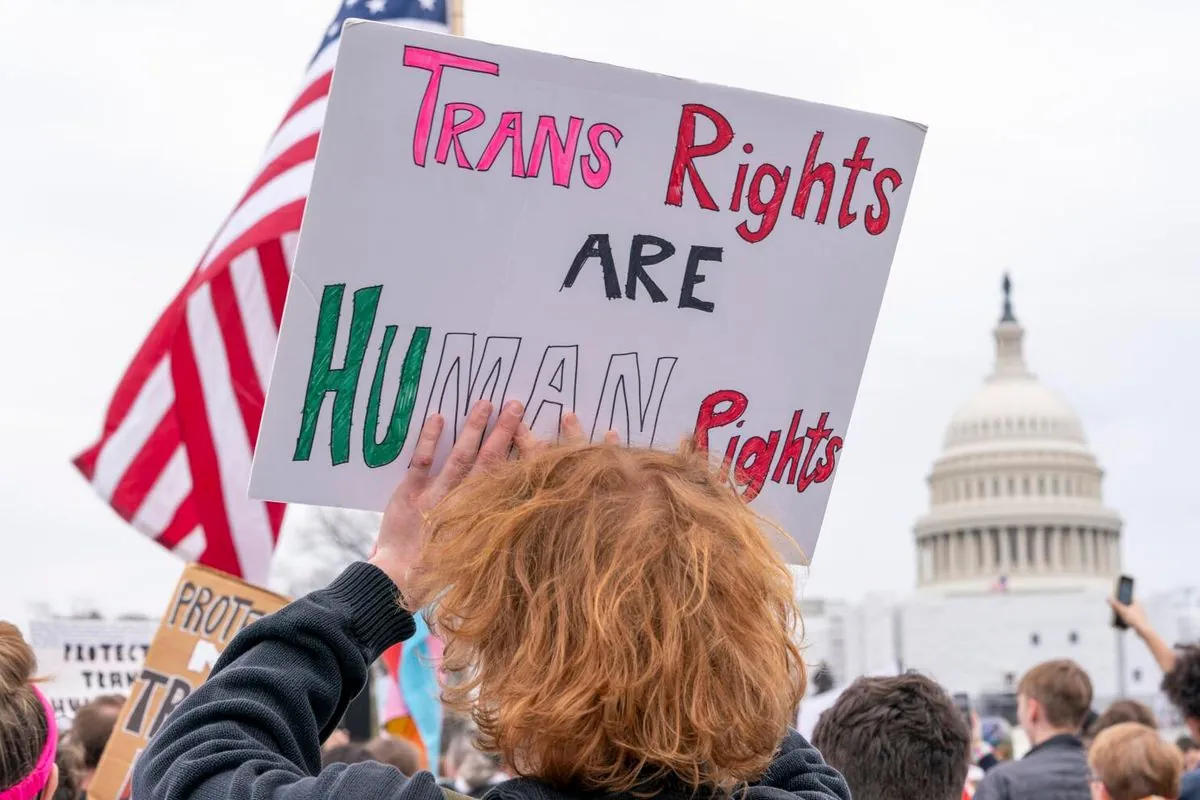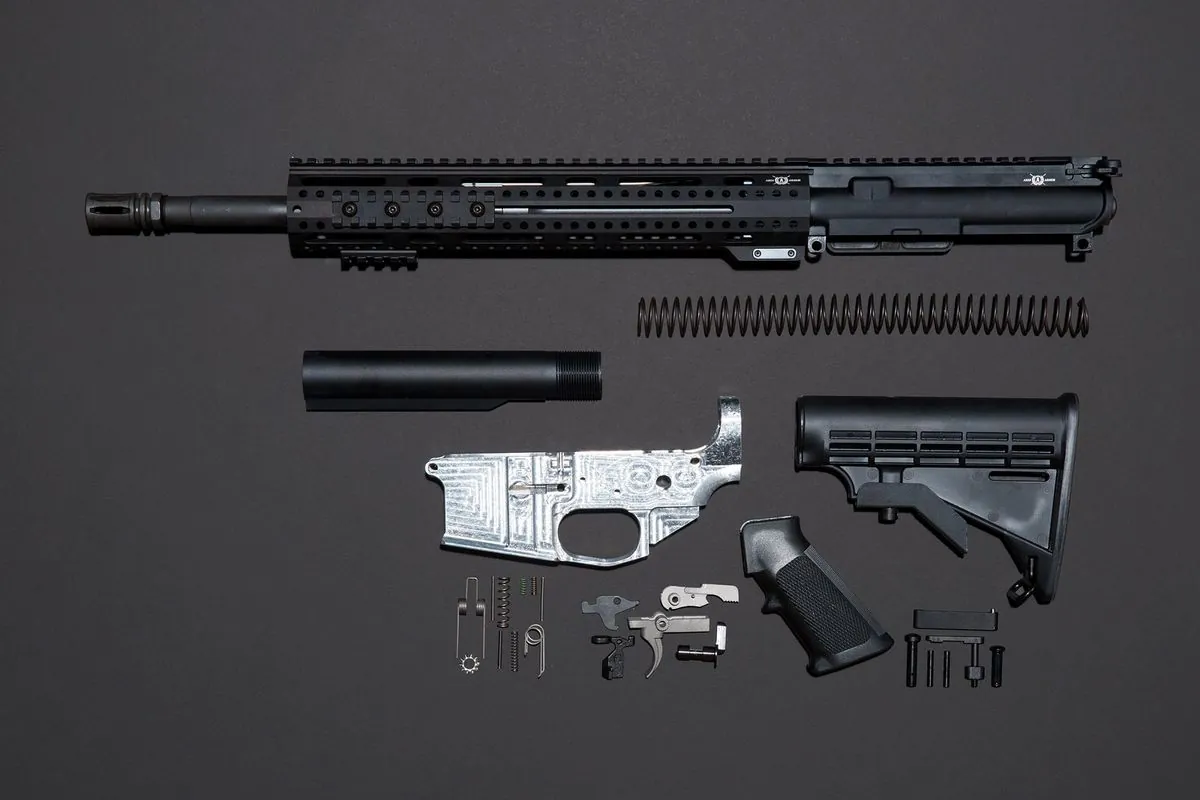Supreme Court Weighs Ghost Gun Regulation Amid Tragic Aftermath
The U.S. Supreme Court hears arguments on ghost gun regulations as a Bronx mother seeks justice for her daughter's death. The case highlights the ongoing debate over firearm control and public safety.

The U.S. Supreme Court is set to hear arguments on the contentious issue of "ghost guns," a term referring to privately manufactured firearms lacking serial numbers. This case comes amid growing concerns over public safety and the limits of executive authority in regulating firearms.
Yanely Henriquez, a 44-year-old Bronx resident, finds herself at the center of this national debate following the tragic loss of her daughter, Angellyh Yambo. The 16-year-old was fatally shot on April 8, 2022, caught in the crossfire of a dispute involving a ghost gun. This incident occurred just three days before the Biden administration announced new regulations aimed at curbing the proliferation of these untraceable firearms.
"My life has been completely changed by this weapon. This wound will never be healed because I don't have my best friend."
The Bureau of Alcohol, Tobacco, Firearms and Explosives (ATF) implemented rules requiring manufacturers of firearm kits and parts to mark their products with serial numbers, obtain licenses, and conduct background checks on purchasers. These measures mirror existing requirements for commercially produced firearms under the Gun Control Act of 1968.
However, the regulation faces legal challenges from gun rights groups and parts manufacturers, including Polymer80, a company Henriquez is suing for wrongful death. The plaintiffs argue that the ATF has overstepped its authority, contending that any changes to firearm regulation should come from Congress, not executive agencies.

The debate extends beyond legal technicalities, touching on fundamental issues of public safety and constitutional rights. Law enforcement officials, like Bronx District Attorney Darcel Clark, emphasize the dangers posed by ghost guns, particularly in urban areas plagued by gun violence.
"I've got enough guns already. I don't need people building them at home, too. We shouldn't have to live like that. So it's personal, OK?"
Conversely, opponents of the regulation, such as Cody Wilson of Defense Distributed, argue that ghost guns do not pose a significant threat to public safety and that the ATF's actions represent an overreach of executive power.
As the Supreme Court deliberates, the case highlights the ongoing tension between gun rights advocates and those seeking stricter firearm controls. The outcome could have far-reaching implications for how the federal government regulates firearms in the future, potentially reshaping the landscape of gun control in the United States.
For Henriquez and others affected by gun violence, the legal battle represents more than a constitutional debate—it's a deeply personal quest for justice and change. As the nation awaits the Court's decision, the ghost gun controversy continues to underscore the complex interplay between public safety, individual rights, and the role of government in a society grappling with the consequences of gun violence.


































